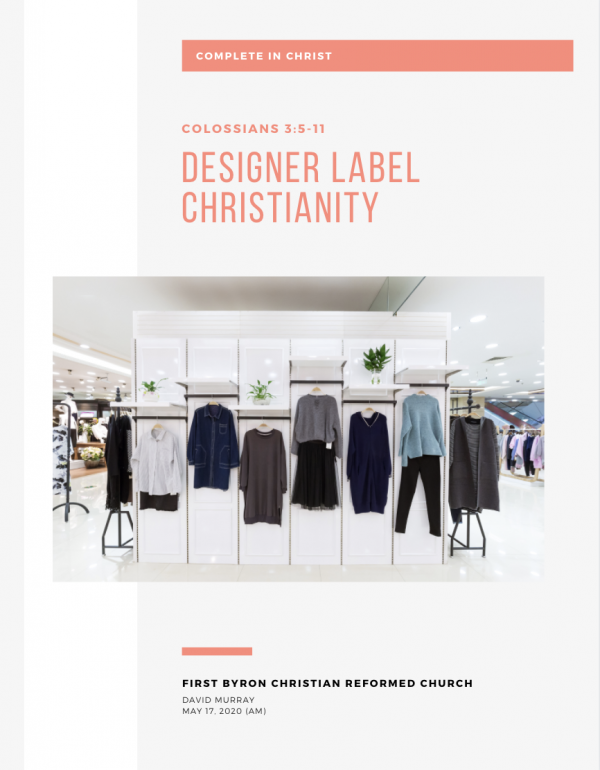The top ten luxury designer labels in 2019 were names like Louis Vuitton, Hermes, Rolex, Tiffany, Christian Dior, Armani, and Prada. Younger people favored labels like Nike, Hollister, Vans, Champion, Forever 21, H&M, American Eagle, Aeropostale, Adidas, and Diesel.
Why is it that such designer label brands have such pull and popularity? If you look at the advertising, it’s clear that the brands are associated with a certain lifestyle. If you wear a certain t-shirt or jacket or shoe, it immediately catapults you into a certain social status and way of living. If we look at the wearers, it’s obvious that the advertising has been incredibly effective. People adopt a certain identity when they put these clothes on. It changes the way they view themselves, their posture, demeanor, and even the way they walk and talk.
Designer labels define identity and determine lifestyle.
Spiritually, there are only two designer brands: “Old You” and “New You.” I say designer brands because each has a designer, as we’ll see. Like all designer labels these spiritual brands also define our identity and determine our lifestyle. They decide who we are and what we do.
I want you to see the connection between your label and your life, and persuade you to change labels from “Old You” to “New You” if you haven’t already, or live up to the “New You” label if you’ve changed your label but not yet your life. This change of designer label is the language Paul uses in Colossians 3:5-11, especially in verses 8 & 10, where he commanded the Colossians to “put off” the “Old You” label and lifestyle, and put on the “New You” label and lifestyle.
For more, see my sermon notes here.
